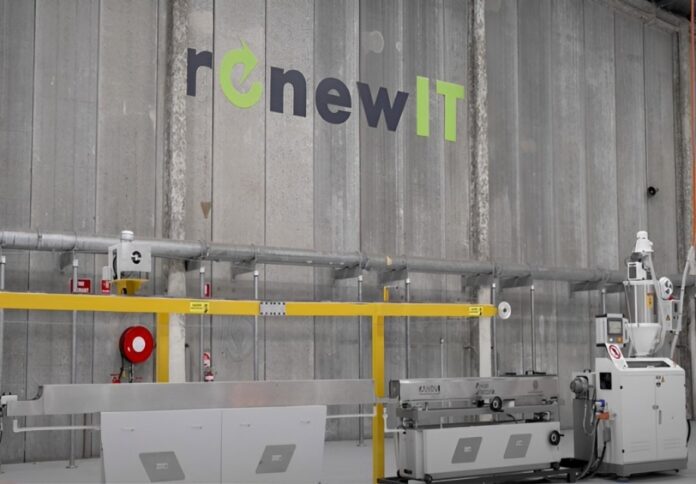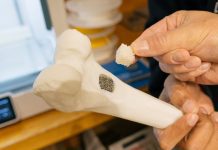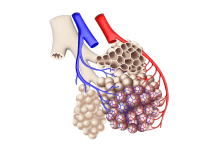
The UNSW SMaRT Centre has partnered with IT asset management company Renew IT to transform discarded hard plastics into 3D printer feedstock.
This partnership has resulted in the debut of SMaRT’s first commercially-operated Plastics Filament MICROfactorie, which aims to enhance sustainable manufacturing, UNSW Sydney said in a news release.
Located at Renew IT’s Sydney warehouse in Lane Cove, the newly installed UNSW-invented Plastics Filament MICROfactorie Technology module is now fully operational, converting plastics that would otherwise end up in landfill into valuable filament.
Professor Veena Sahajwalla, founder and director of the UNSW SMaRT Centre, expressed her enthusiasm for the project.
“Commercialising our Plastics Filament MICROfactorie™ Technology has taken a lot of time and effort, but it is a sustainable waste, recycling, and manufacturing solution. We’re turning the hard plastics found in all modern electronic hardware but not subject to conventional recycling methods, into feedstock for a booming sector,” she explained.
“Filament is almost entirely imported to Australia and made from petrochemicals, so being able to locally make it from used plastics also reduces the environmental impacts from global freight. 3D printing is a wonderful technology enjoying rapid uptake but the tragedy is until now 3D printing has been reliant on virgin plastics.”
“These Plastics Filament MICROfactories™ have the potential to revolutionise 3D printer filament creation. I look forward to a time when 3D printing feedstock is sourced exclusively from recycled plastics,” she added.
UNSW Vice-President of Societal Impact, Equity, and Engagement, Professor Verity Firth, highlighted the significant potential of the partnership between UNSW and Renew IT.
“The combination of Prof Sahajwalla’s pioneering science and Renew IT’s commercial expertise and financial commitment can accelerate genuine change. This industry partnership is an exquisite example of UNSW’s commitment to societal impact.”
UNSW Sydney said it is developing a Societal Impact Framework aimed at maximising progress in environmental sustainability and resilience, social cohesion, health, and wellbeing, and economic prosperity for all.
James Lancaster, CEO and founder of Renew IT, emphasised the dual benefits of this venture.
“Not only does it reduce virgin plastic production by creating 3D printing filament from waste items but it also stops hard plastic ending up in landfill.”
“Electronic goods like televisions, computers, and printers are being produced in ever-increasing numbers and often with increasingly short life-cycles. When they do reach the end of life, the waste industry’s solution has been to deliver them to landfill.”
“Dispatching hard plastics to landfill is not a solution that sits easily with me. To re-purpose that plastic into a new product that’s increasingly in demand and which we can sell at a competitive price is a beautiful solution.”
“If 3D printing feedstock can be competitively produced by recycling plastic, we shouldn’t be producing it with virgin materials,” he said.
“By recovering high-quality plastics from e-waste for remanufacturing, we can help organisations lower their Scope 3 emissions and boost local manufacturing.”
Meanwhile, Anirban Ghose, head of microfactories at SMaRT, explained the process.
He said that old office equipment is disassembled to find the ‘‘right plastic to go after,’’ which is then fed into the ‘‘microfactory’’.
‘‘‘That plastic gets thermally transformed through controlled heat and cooling, and it’s finally spooled and can get fed into a 3D printer at the end of the process,’’ he said.
‘‘In many cases, when people think about plastic, it’s just this kind of one single material,’’ Sahajwalla said. ‘‘But there are so many different versions of plastic.’’




















